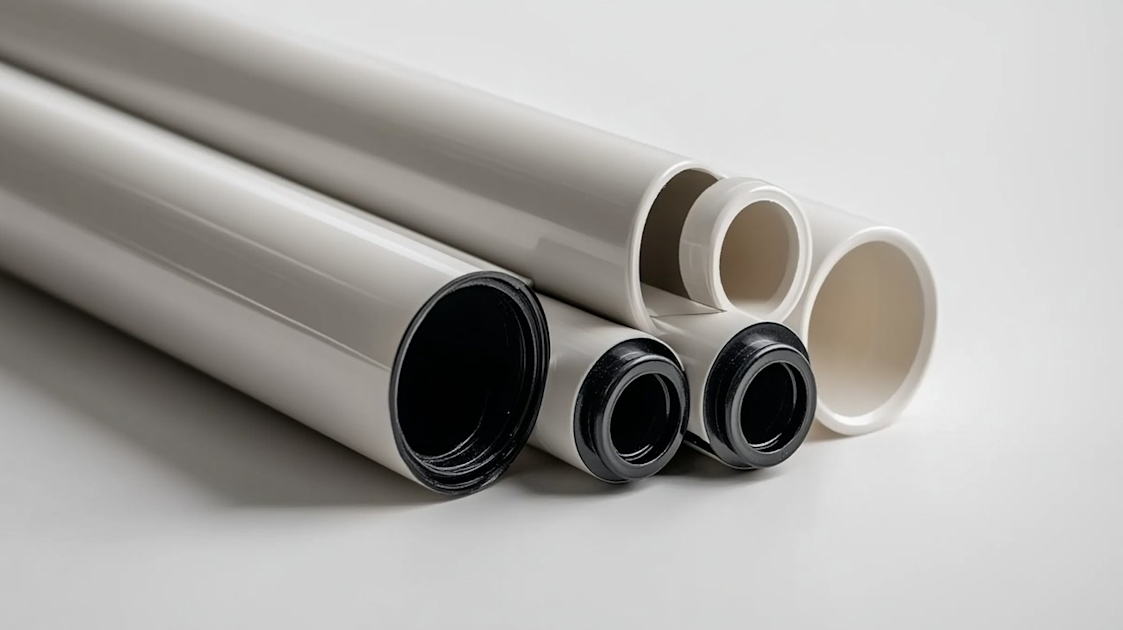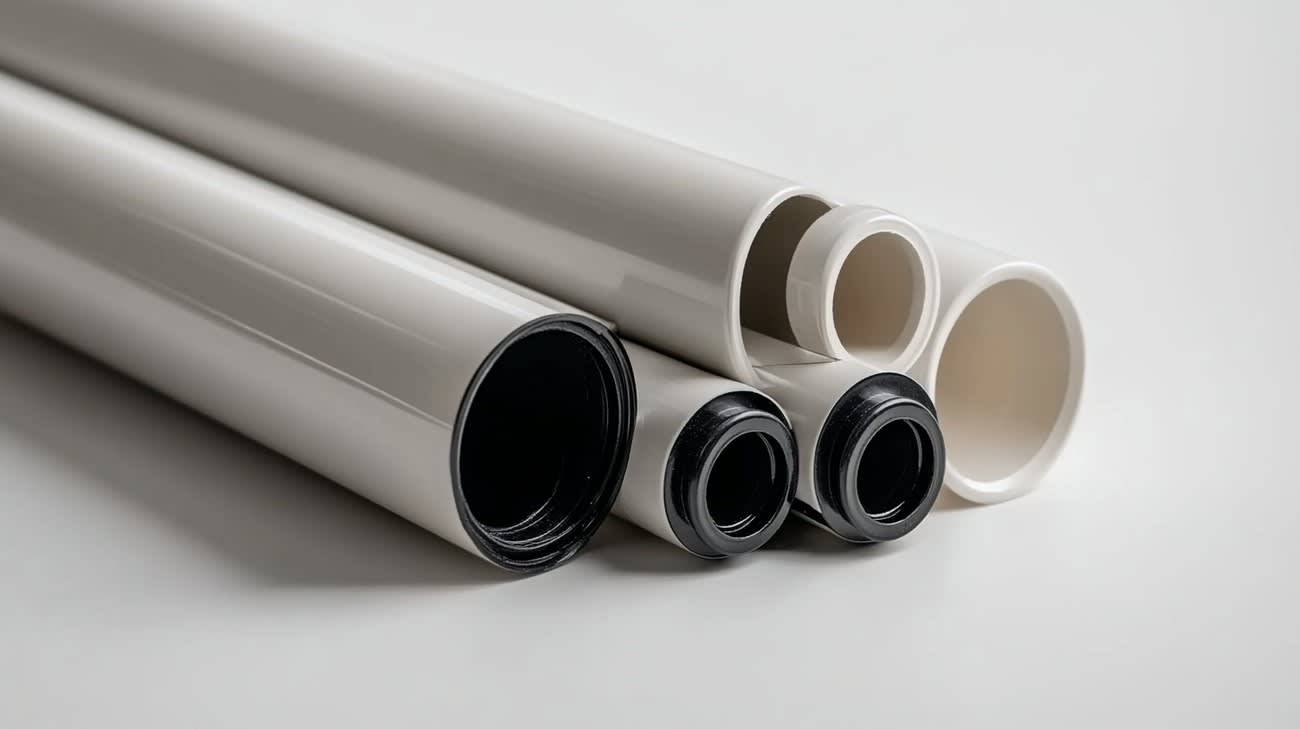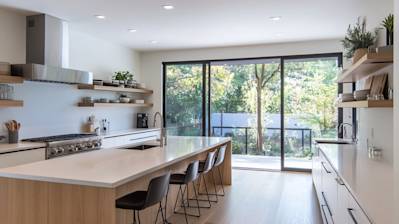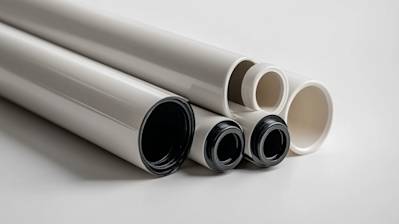Are you searching for a dependable solution for your piping needs? Have you considered using polypropylene pipe? First introduced into the market in the 1950s, polypropylene has since become a staple material in the pipe industry. Its resistance to chemicals, heat, and impact make it the perfect choice for a multitude of applications.
Before diving into the bright world of polypropylene pipes, it would be beneficial to comprehend what polypropylene is. Polypropylene (known as PP) is a type of thermoplastic polymer resin that finds its roots in the polymer industry. Due to its versatility, polypropylene has become increasingly popular in multiple industries, including packaging, textiles, and most notably, piping.
Unique Properties of Polypropylene Pipe
Polypropylene pipes are uniquely designed to deliver superior performance. These distinctive characteristics make polypropylene pipes an ideal choice for numerous projects.
Chemical resistance: One of the key aspects that elevate polypropylene pipes above their counterparts is their superb resistance to chemicals. Whether it's alkalis, acids, or solvents, polypropylene pipes can withstand them, ensuring a durable solution for your piping needs.
Impact resistance: These pipes are recognized for their high impact resistance, making them an excellent choice for applications where mechanical stress is possible.
Heat resistance: Polypropylene pipes can handle high temperatures without performance compromise, making them perfect for hot fluid transport.
The Increasing Popularity of Polypropylene Pipes
With such a unique list of exquisite properties, polypropylene pipes are increasingly becoming the go-to solution when it comes to piping needs in various industries.
Housing and Construction
Polypropylene pipes are a favorite when it comes to residential and commercial construction projects. Their resilience to environmental factors and long-lasting nature makes them ideal for this industry. In the same vein, their easy installation and cost-effectiveness further solidify their position in the construction world.
Industrial Usage
In industries where chemical resistance is vital, polypropylene pipes deliver unmatched results. They're perfect for wastewater treatment plants, chemical laboratories, or factories where the transport of aggressive chemicals is required.
Medical Industry
The medical sector is another area where polypropylene pipes have found wide applications. Their sterility and ability not to react to most biological substances make them the ideal choice for medical devices such as syringes and disposable medical items.
Key Advantages of Polypropylene Pipes
Let's take a closer look at some important advantages that polypropylene pipes offer.
Environmental Impact: Unlike metal pipes that can rust, degrade, and pollute the environment, polypropylene pipes are completely recyclable, making them an environment-friendly choice.
Durability and Longevity: The lifespan of polypropylene pipes, under normal conditions, can easily exceed 50 years, providing a long-lasting solution for your pipework.
Ease of Installation: Polypropylene pipes require less time and manpower for installation due to their lightweight nature and versatility.
Cost-Efficiency: Over time, they prove to be a cost-effective option due to their durability, reducing the need for replacements.
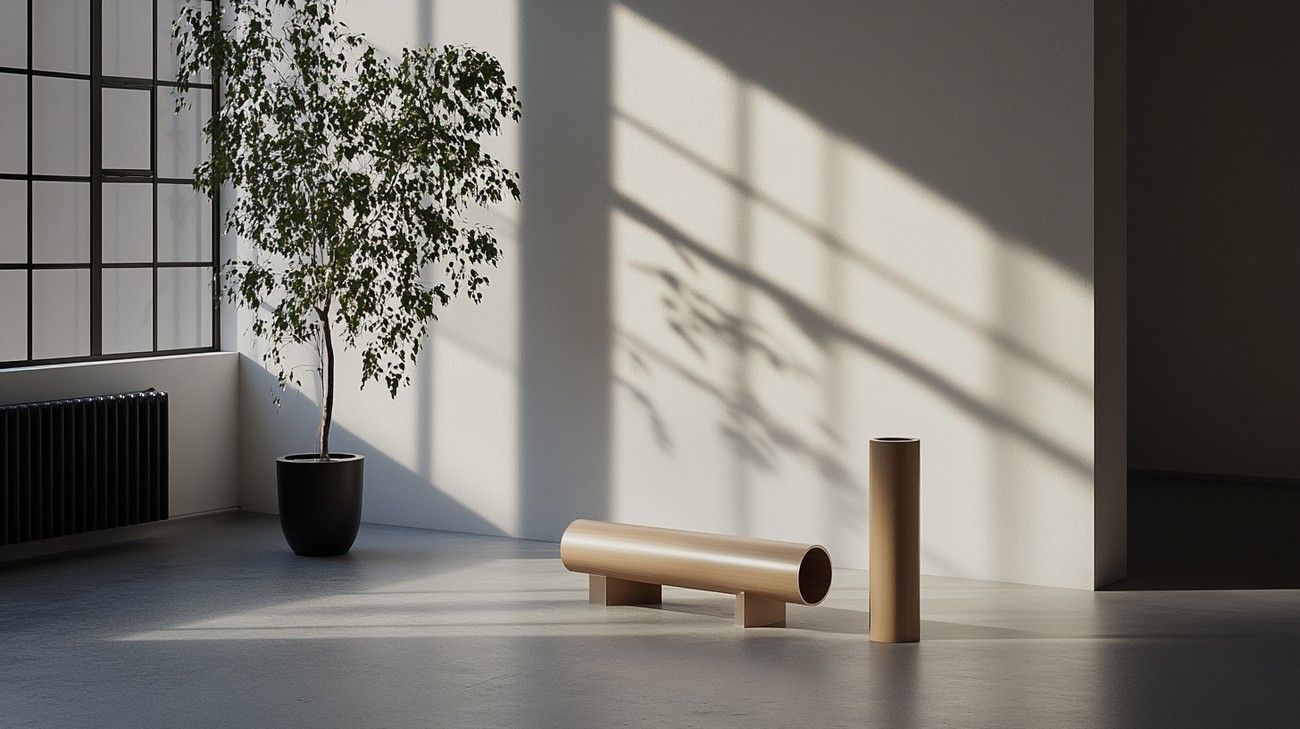
Frequently Asked Questions about Polypropylene Pipe
What are the common applications of Polypropylene Pipes?
Polypropylene pipes are commonly used in various fields due to their flexibility and resistance to heat. These include sewage and drainage systems, hot and cold potable water transport, chemical transport, and even air conditioning and heating systems. They are also used in industrial applications due to their resistance to many chemicals.
What sizes do Polypropylene Pipes come in?
Polypropylene pipes come in various sizes, usually measured in diameter. In residential buildings, they typically range from 12mm to a maximum of 110mm. For commercial or industrial applications, the diameters can range up to 500mm. Lengths are commonly available in 3 and 6 meter segments but can be custom cut based on specific requirements.
How does Polypropylene Pipe handle temperature changes?
Polypropylene pipes can withstand a wide range of temperatures, making them suitable for both hot and cold water systems. They can function optimally at temperatures between 0 to 95 degrees Celsius. However, for prolonged use in extreme temperatures, extra care should be taken in the selection of pipe material to ensure durability.
Why choose Polypropylene Pipe over other types of piping?
There are several advantages to using polypropylene pipes. They are more resistant to wear and tear, have a high level of chemical resistance, and are lighter than other piping materials, making them easier to install. Polypropylene pipes also have excellent thermal insulation properties, reducing condensation risks, and are environmentally friendly as they can be fully recycled.
Can Polypropylene Pipes be used in Drinking Water Systems?
Yes, polypropylene pipes are considered safe for use in drinking water systems. They are tasteless, odorless, and resistant to bacterial and chemical attacks. They have been widely used for conveying potable water in residential and commercial buildings without causing any health concerns.
What is the Durability of Polypropylene Pipes?
The durability of polypropylene pipes depends on several factors such as the quality of the pipe, the environment in which it’s installed, and how it's used. Generally, a well-installed, high-quality polypropylene pipe can last between 50 and 100 years.
How to install Polypropylene Pipes?
Polypropylene pipes are easy to install due to their lightweight nature and flexibility. They can be joined via heat fusion which involves heating the pipe ends and bringing them together to form a permanent, leak-proof connection. It is always recommended to follow the manufacturer's instructions or hire a specialist to ensure proper installation.
Are Polypropylene Pipes Resistant to Chemicals?
Yes, one of the key benefits of polypropylene pipes is their high resistance to a wide range of chemicals. This feature makes them suitable for use in industries that deal with the transport of chemical substances, along with waste management systems where harsh substances may be present.

Pros of Polypropylene Pipe
Durability
Polypropylene pipes have a strong defense in moisture, chemical degradation and weather resistance. This is because the material is a hard plastic that holds its shape impeccably well, making it perfect for water, air, and gas delivery pipes. An additional layer of UV resistance contributes to its durability, ensuring that the pipe functions optimally even when exposed to direct sunlight.
Lightweight
One of the most well-known advantages of polypropylene pipes is their lightweight nature. Because of this, handling, transportation, and installation of polypropylene pipes is incredibly practical and cost-effective.
Non-corrosive
Polypropylene pipes do not rust or corrode. This means that overtime, they don't depreciate easily unlike metal pipes, making them ideal for long-term projects as well as reducing the need for frequent maintenance.
Flexibility
Flexibility is an underrated quality of polypropylene pipes. Their ability to fit and integrate into diverse plumbing systems make them a versatile choice. This flexibility, coupled with their strength, make them robust enough to withstand potential disruptions.
Chemical & heat resistance
Polypropylene pipes have an exceptional resistance against many solvents, bases, and acids. In addition, they can also endure a high range of temperatures, making them great for hot and cold water applications.
Cost-effectiveness
Over long-term use, polypropylene pipes can prove to be cost-effective as they need little maintenance due to their robustness and longevity. They outlast many other types of pipes due to their corrosion-resistant property, hence cost-savings can be significant.
Environmentally-friendly
Since polypropylene pipes can be recycled, are long-lived, and require less replacement, they are considered to be environmentally-friendly.
Cons of Polypropylene Pipe
Initial Cost
In terms of initial purchase price, polypropylene pipes can be more expensive than other plastic pipes in the market. This can deter individuals or companies with more restricted budgets.
Not suitable for outdoor use
Despite the UV resistance layer, polypropylene pipes are not as UV resistant as some other types of materials, which can lead to structural weakening if exposed to too much sunlight. This makes them less optimal for projects requiring extended outdoor implementation.
Vulnerable to sharp objects
Polypropylene pipes are prone to damage from sharp objects. Direct contact with any sharp object may puncture or severely damage the pipe, which could lead to leaks. This makes careful handling of these pipes crucial.
Limited color options
Polypropylene pipes typically come in standard colors based on their application - blue for potable water, green for sewer water. There may be limited or no options for custom color selections, which may be a downside for those looking to keep aesthetic consistency.
Flexibility not always a plus
While flexibility is generally a plus, there could be circumstances where the flexible nature of polypropylene pipes isn't suitable. For example, in a scenario where a straight rigid pipe is needed, a polypropylene pipe may not be the best choice.
Limited sizes
Polypropylene pipes are typically available in certain size ranges. If you require a size not generally offered, you may have difficulty sourcing the needed size or will need to turn to another pipe material.
Professional Installation
While polypropylene pipes are easy to work with, their installation needs to be carried out by professionals with knowledge in fusion techniques. Poorly installed pipes can cause more problems, making the hiring of a professional necessary, even if it involves additional expenses.

Myths and Misconceptions about Polypropylene Pipe
Polypropylene pipes, an essential utility in various industrial and residential applications, are often mistreated by rampant myths and misconceptions. Whether it's the confusion about its quality, life expectancy, installation, or environmental impact, it's essential to debunk these misconceptions to bring clarity about their uses and benefits.
Myth 1: Polypropylene Pipes Are Not Durable
A prevailing myth around polypropylene pipes is regarding their durability and strength. The typical notion is that these pipes cannot stand up to the durability of pipes made from other materials, like copper or steel.
Reality
Polypropylene pipes are indeed very durable. Thanks to their resistance to chemical erosion and heat, these pipes can last for an extended period with minimal maintenance. Their resilience against most types of corrosion also contributes to their longevity. Furthermore, their flexibility allows them to withstand pressures that could cause other types of pipes to fail or leak.
Myth 2: Polypropylene Pipes Cannot Withstand High Temperatures
People often incorrectly assume that polypropylene pipes can't handle high temperatures, which restricts their usage.
Reality
Polypropylene pipes can indeed withstand high temperatures up to 90°C for hot water supply systems. Their ability to handle temperature variations without losing structural integrity makes them suitable for a variety of applications, even including heating and cooling systems.
Myth 3: Polypropylene Pipes Are Difficult to Install
There's a myth that polypropylene pipes are more difficult to install compared to other types of pipes.
Reality
Contrary to this, polypropylene pipes are actually quite simple to install. Thanks to their lightweight nature, they require less manpower for installation. The flexibility of the material also means less need for additional fittings in pipe layouts.
Myth 4: Polypropylene Pipes are Not Safe for Drinking Water
Another common misconception is that water transported through polypropylene pipes is not safe to drink.
Reality
Polypropylene pipes are perfectly safe for transporting drinking water. They do not rust, corrode, or degrade over time – common problems in other types of pipes that can lead to harmful substances mixing with the water. Polypropylene is a chemically inert material, meaning it doesn't react with water and thus does not affect its quality.
Myth 5: Polypropylene Pipes Are Bad for the Environment
Some people believe that polypropylene pipes are harmful to the environment due to their synthetic composition.
Reality
Contrary to this popular belief, polypropylene pipes have a lesser environmental impact than other pipe materials. Polypropylene is a recyclable material, and at the end of their lifecycle, these pipes can be recycled into various other products. The manufacturing process of polypropylene pipes is also more energy-efficient compared to other materials.
These myths and misconceptions about polypropylene pipes often arise out of lack of information or misunderstanding. It's crucial to research and consult experts before making any decisions based on these myths. In reality, polypropylene pipes offer a durable, safe, and environmentally friendly piping solution for numerous applications.
Summary
Polypropylene pipe proves its worth again and again in plumbing and building industries. This pipe has a solid rep for being super durable, which means it isn't prone to breaking or chipping, and it resists both chemicals and high temperatures. This kind of versatility makes polypropylene pipe a smart pick for a wide array of industrial and residential purposes. Definitely something to remember next time you're planning a renovation project or before you dive into DIY crafts!
You'd be pretty surprised at how environmentally friendly polypropylene pipe can be. Despite having a long lifespan, this pipe is recyclable and has a low carbon footprint. It's a huge step towards sustainability and a chance to do your part for the planet. Plus, it's easy to install and maintain - sweet bonus points. This kind of practicality and environmental consciousness? It's a pretty hard combo to beat!
So there you go, polypropylene pipe is more than just a pipe. It's a winning combination of durability, versatility, and eco-friendliness. With its unique set of advantages, this pipe has its place in both the industrial and household realms. It's clear to see why it's such a big hit among professionals and DIY enthusiasts alike. Next time you're browsing hardware shops, maybe give this sturdy, eco-friendly option a second look. You might just find it's exactly what you've been hunting for.
About KYPD Plumbing
KYPD Plumbing is your local Lexington, KY, neighborhood plumber, dedicated to providing top-notch services to your community for many years. A family-owned business rooted in honesty, professionalism, and reliability, we promise to deliver unmatched services in all aspects of plumbing including repair, installation, and maintenance. Whether you are dealing with a leaky faucet, a burst pipe, or need a complete plumbing overhaul - we've got you covered. At KYPD Plumbing, we believe in keeping your home safe and comfortable - because it's not just a house, it's your home.
Tags: plastic pipe, water supply, industrial piping,

